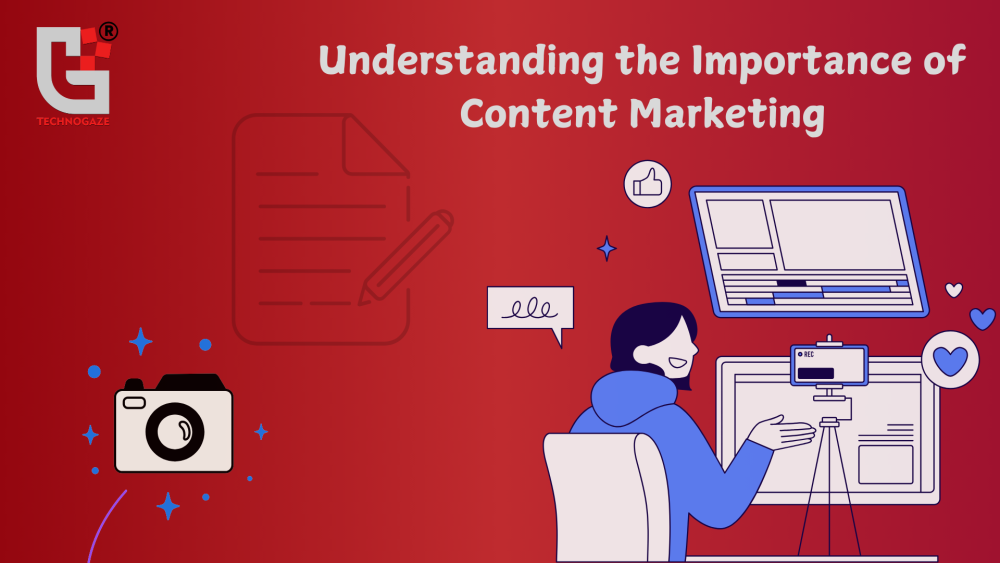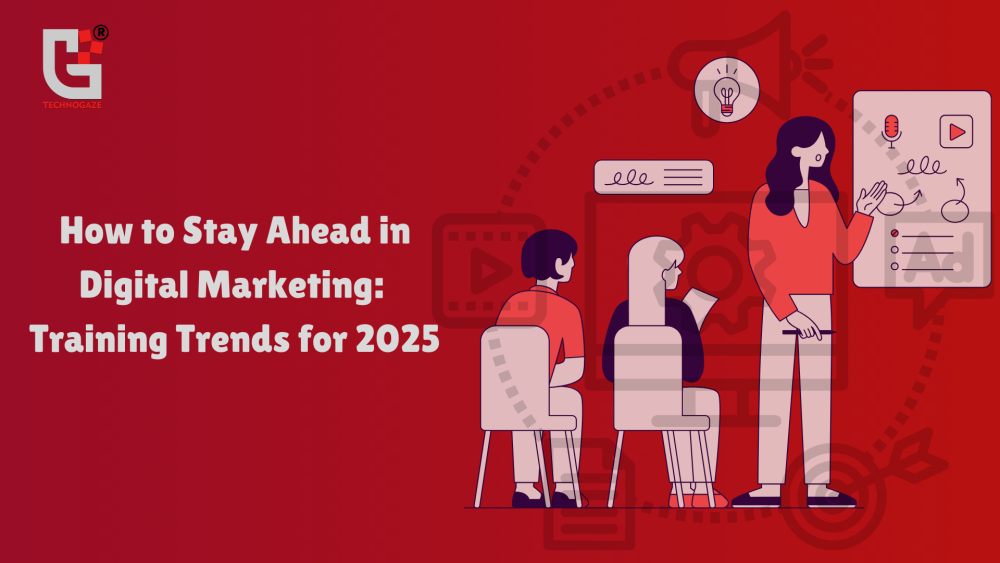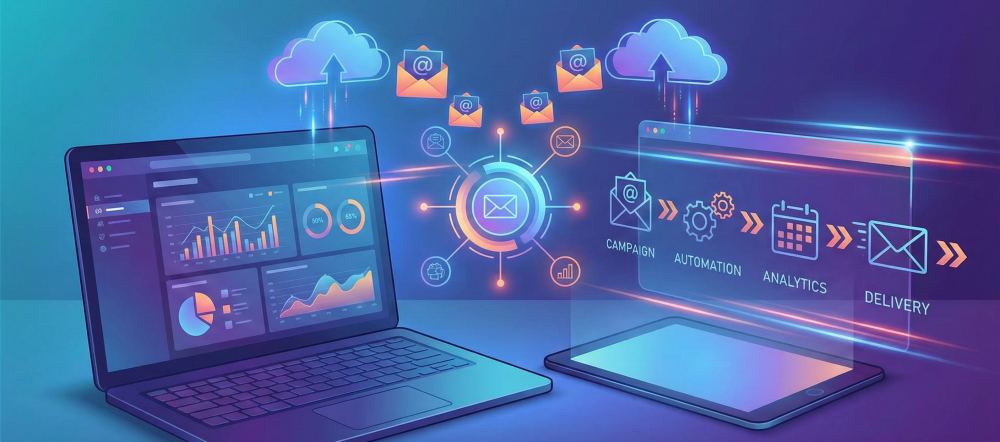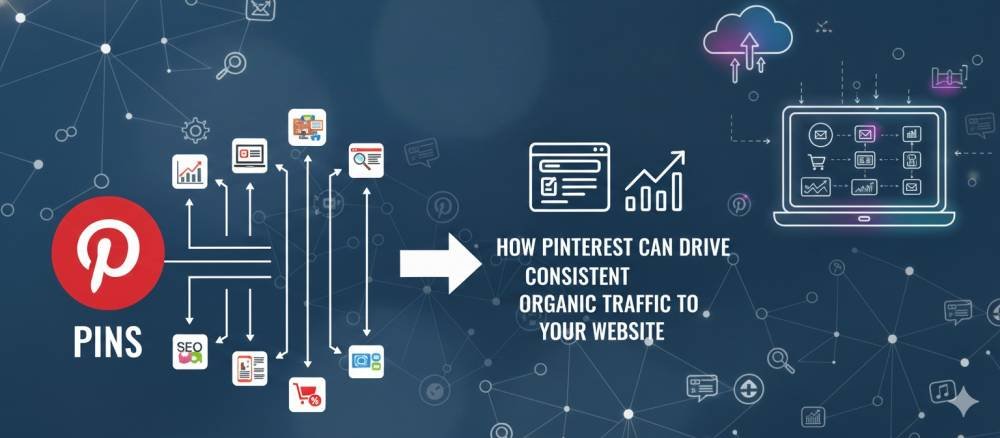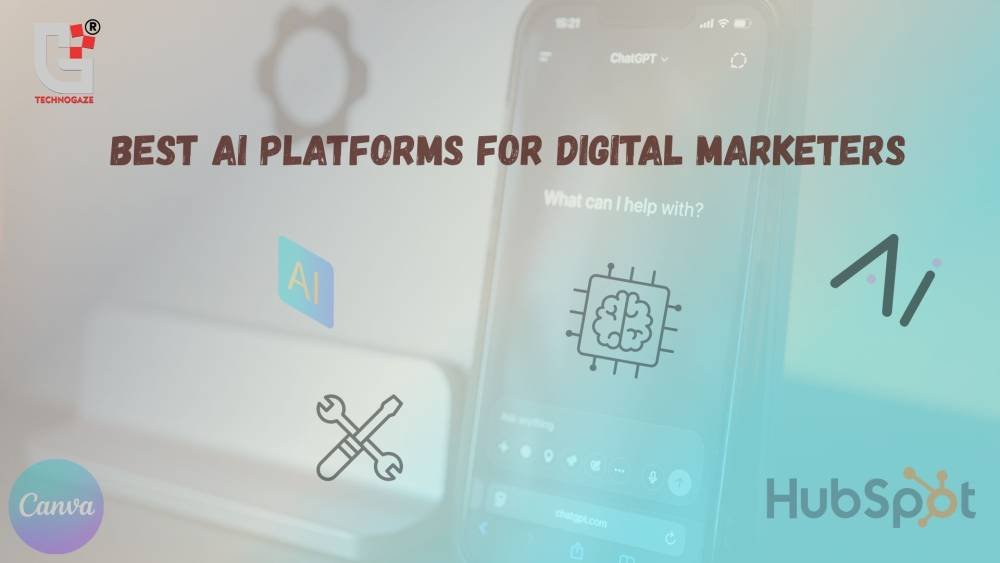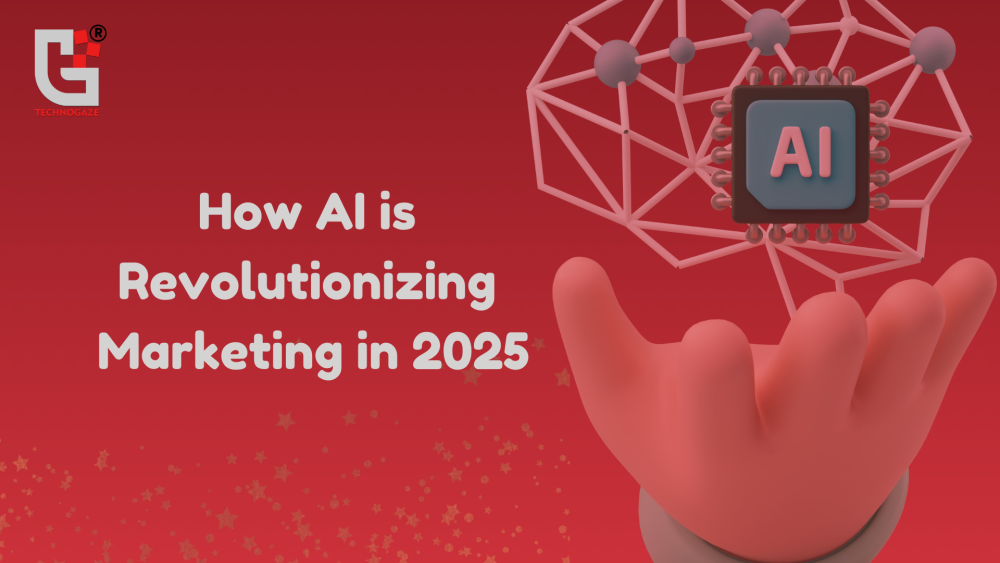
In 2025, artificial intelligence (AI) continues to reshape the marketing landscape, delivering unprecedented opportunities for brands to connect with their audiences. AI-powered tools and strategies are not just enhancing efficiency, they’re also redefining creativity and personalization in ways previously thought impossible.
The Rise of Predictive Analytics
Predictive analytics is one of AI's most transformative applications in marketing. By analyzing historical data and consumer behavior patterns, AI models can forecast trends, identify potential leads, and predict customer needs before they arise. For example, e-commerce platforms now use AI to recommend products that customers are likely to purchase based on past interactions, seasonal trends, and even social media activity.
This foresight allows marketers to craft campaigns with precision, reducing ad spend on uninterested audiences while increasing conversions. Predictive analytics empowers brands to shift from reactive to proactive marketing, ensuring they stay ahead of the competition.
Hyper-Personalization at Scale
Personalization has long been a cornerstone of effective marketing, but AI takes it to a new level. With AI, brands can analyze vast amounts of customer data to deliver highly tailored experiences. From personalized email campaigns and dynamic website content to customized product recommendations, AI enables businesses to create one-to-one connections with their customers.
For instance, Netflix’s recommendation engine leverages AI to curate content based on user preferences, viewing history, and even the time of day. This approach not only enhances user satisfaction but also fosters brand loyalty by making consumers feel valued and understood.
Chatbots and Conversational AI
The rise of chatbots and conversational AI has transformed customer service and engagement. AI-powered chatbots can handle inquiries, resolve issues, and even make product suggestions 24/7, ensuring a seamless experience for users. Tools like ChatGPT, integrated into websites and apps, are capable of understanding and responding to complex customer queries with human-like precision.
In addition to customer support, conversational AI is being used in marketing campaigns to drive engagement. For example, interactive chatbots on social media platforms can guide users through product catalogs, answer questions, and offer discounts, creating a direct and interactive shopping experience.
Voice Search and AI-Driven SEO
As voice search continues to gain popularity, marketers are optimizing their content for AI-driven voice assistants like Alexa, Siri, and Google Assistant. These devices rely on natural language processing (NLP) to understand and respond to user queries, requiring brands to rethink their SEO strategies.
AI tools are helping marketers adapt by analyzing voice search trends and identifying long-tail keywords that align with conversational queries. Additionally, AI-driven SEO platforms can optimize website content for both text and voice searches, ensuring higher visibility and engagement in an increasingly competitive digital environment.
AI in Content Creation
While creativity has traditionally been considered a uniquely human trait, AI is proving to be a powerful ally in content creation. From generating blog posts and social media captions to producing video scripts and design elements, AI tools are enabling marketers to create high-quality content at scale.
Platforms like Jasper and Canva’s AI-driven design tools are helping businesses streamline their content production processes. These tools not only save time but also provide insights into what type of content resonates with specific audiences, allowing marketers to refine their strategies continuously.
Enhanced Customer Insights
Understanding your audience is fundamental to effective marketing, and AI excels at uncovering deep customer insights. By analyzing social media interactions, purchase histories, and online behaviors, AI can create detailed customer profiles that inform campaign strategies.
For example, sentiment analysis tools use AI to gauge public opinion about a brand or product by analyzing social media posts and reviews. These insights help marketers identify areas for improvement, craft messages that resonate, and address potential issues before they escalate.
Automation and Workflow Optimization
AI-driven automation tools are revolutionizing marketing workflows, enabling teams to focus on strategy and creativity rather than repetitive tasks. From scheduling social media posts and sending email campaigns to managing ad budgets, AI handles time-consuming processes with precision.
For instance, programmatic advertising platforms use AI to automatically bid on ad placements based on target audience data, ensuring that campaigns reach the right people at the right time. This level of automation not only improves efficiency but also maximizes ROI.
Ethical Considerations and Challenges
While AI offers immense potential, it also raises ethical considerations that marketers must address. Issues such as data privacy, algorithmic bias, and transparency are becoming increasingly important as AI tools become more integrated into marketing strategies.
Brands must ensure that their use of AI complies with regulations like GDPR and CCPA while maintaining transparency with their customers. Building trust through ethical AI practices will be critical in fostering long-term relationships with consumers.
The Future of AI in Marketing
Looking ahead, the role of AI in marketing will only continue to expand. Emerging technologies like generative AI, augmented reality (AR), and virtual reality (VR) are poised to create even more immersive and personalized brand experiences. Additionally, advancements in AI ethics and explainability will help address concerns and build consumer trust.
In 2025, marketers who embrace AI’s capabilities and integrate them thoughtfully into their strategies will not only achieve greater efficiency but also unlock new levels of creativity and customer engagement. The key lies in balancing technological innovation with human insight, ensuring that AI serves as an enabler of meaningful connections rather than a replacement for authentic interactions.
AI is transforming marketing by enhancing data-driven strategies, enabling greater personalization, and improving overall efficiency. From predictive analytics and conversational AI to content creation and automation, the possibilities are vast. As brands navigate this AI-powered era, those that prioritize ethical practices and maintain a human touch will thrive in building trust and loyalty with their audiences.
Latest Posts
-
1
How a Social Media Marketing Agency Helps You Get Real Leads
February 13, 2026 -
2
-
3
Best Email Marketing Services in India: A Practical Comparison
January 20, 2026 -
4
How Pinterest Can Drive Consistent Organic Traffic to Your Website
January 19, 2026 -
5December 20, 2025


